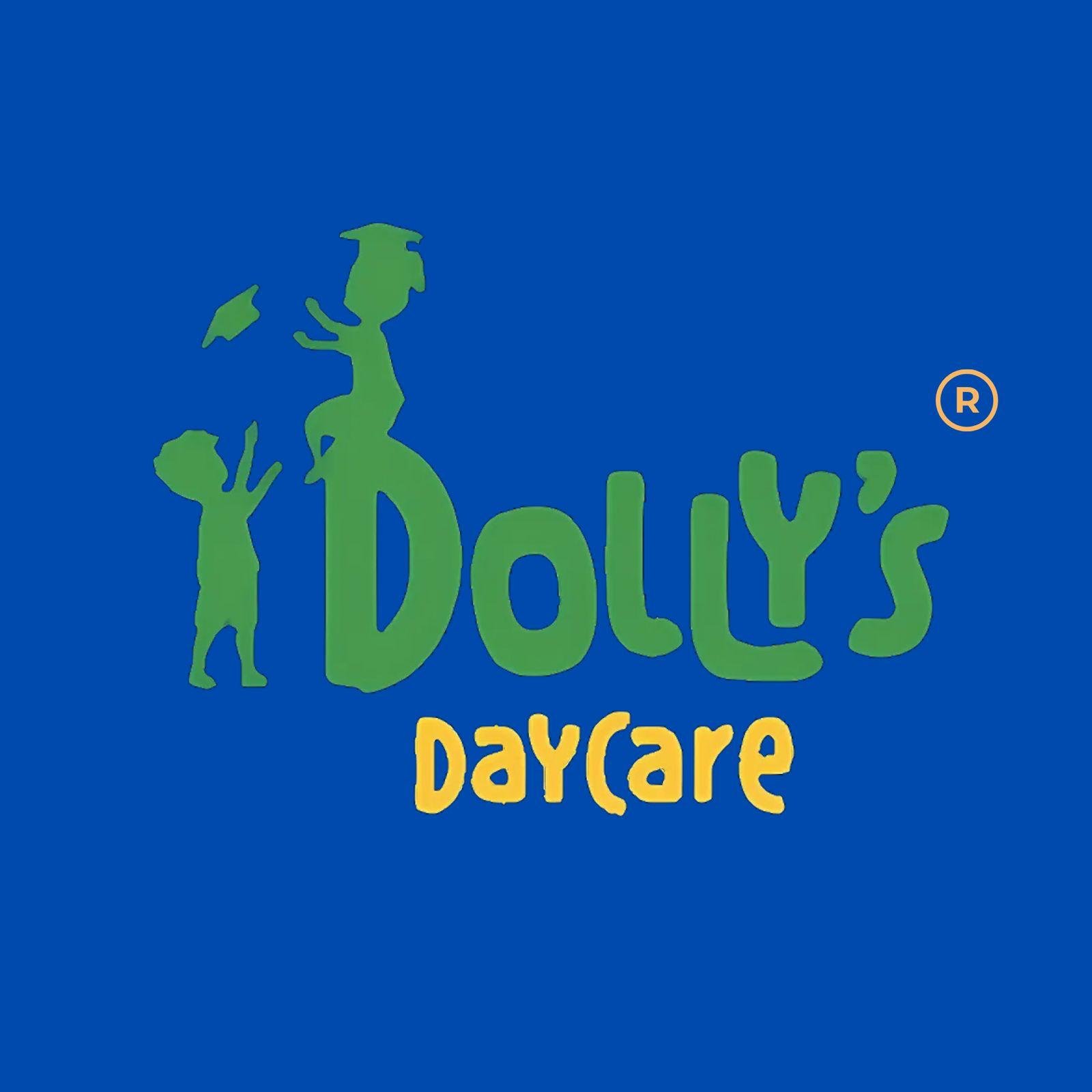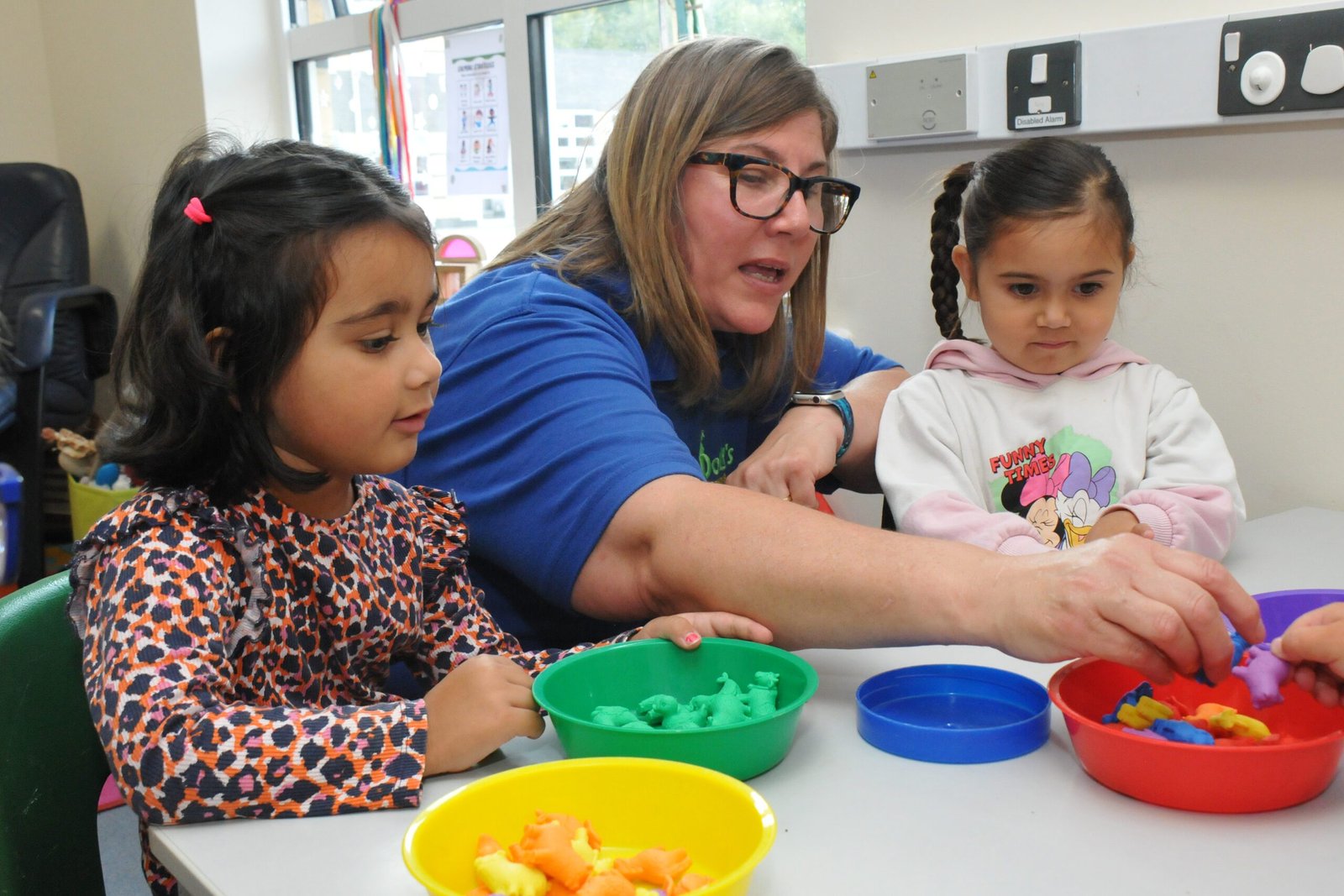Effective communication between parents and teachers is essential for creating a supportive and nurturing environment that fosters children’s learning and development. By maintaining open and regular channels of communication, parents and teachers can collaborate effectively to ensure the success and well-being of every child. Let’s explore the importance of parent-teacher communication and its profound impact on children’s educational journey:
Partnership in Education:
1. Understanding Individual Needs:
Open communication allows parents and teachers to share valuable insights and information about each child’s strengths, interests, and areas for growth. By working together, they can tailor instruction and support to meet the unique needs of every child.
2. Monitoring Progress:
Regular communication enables parents and teachers to monitor children’s progress, track academic achievements, and identify any areas where additional support may be needed. By staying informed, parents can actively support their child’s learning both at home and in the classroom.
3. Promoting Consistency:
Consistent communication ensures that parents and teachers are on the same page regarding expectations, routines, and classroom activities. This promotes consistency between home and school environments, which is essential for children’s sense of security and stability.
Support for Social and Emotional Well-being:
1. Building Trust and Rapport:
Strong parent-teacher relationships are built on trust, respect, and mutual understanding. By fostering positive relationships, parents and teachers create a supportive network that enhances children’s social and emotional well-being.
2. Addressing Concerns Proactively:
Open communication allows parents and teachers to address any concerns or challenges that may arise promptly. By working together to find solutions, they can prevent issues from escalating and provide timely support to children when needed.
3. Celebrating Achievements:
Communication isn’t just about addressing problems; it’s also about celebrating successes and achievements. By sharing positive news, accomplishments, and milestones, parents and teachers reinforce children’s self-esteem and motivation to learn.
Enhancing Parental Involvement:
1. Encouraging Involvement:
Effective communication encourages parents to be actively involved in their child’s education, whether it’s volunteering in the classroom, attending school events, or supporting learning at home. Engaged parents contribute to a vibrant school community and positively impact children’s academic success.
2. Providing Resources and Support:
Through communication, teachers can provide parents with valuable resources, strategies, and suggestions to support their child’s learning and development at home. Whether it’s recommended reading materials, educational websites, or tips for fostering a love of learning, parents benefit from the guidance and expertise of teachers.
3. Fostering a Collaborative Culture:
When parents and teachers communicate openly and respectfully, they create a culture of collaboration and partnership that benefits everyone involved. Together, they form a united front dedicated to supporting children’s learning, growth, and success.
Conclusion:
Parent-teacher communication is more than just exchanging information; it’s about building strong partnerships that prioritize children’s education, well-being, and future success. By fostering open, regular, and respectful communication, parents and teachers can work together to create an environment where every child thrives academically, socially, and emotionally. Let us recognize and embrace the importance of parent-teacher communication in shaping positive educational experiences for all children.


